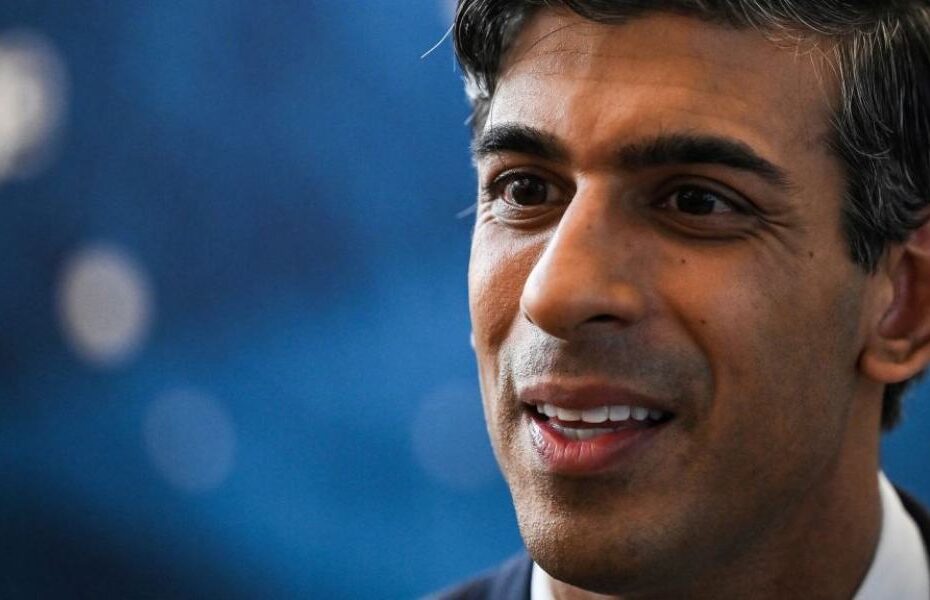The Prime Minister’s AI taskforce adviser has issued a warning that leaders around the world may only have two years to control artificial intelligence before computers take over.
Matt Clifford expressed that without persistent worldwide guideline, a dangerous bio weapon could be fostered that would kill ‘numerous people’.
The tech business person said the rising ability of man-made intelligence is ‘striking’, however demanded it was not ‘unavoidable’ that PCs would become cleverer than people.
His remarks come before Rishi Sunak goes to Washington, D.C., where he is expected to tell Joe Biden that he wants Britain to be the world leader in dealing with AI threats. The State head is hoping to send off a worldwide simulated intelligence guard dog in London, and desires to have a global culmination to devise rules on computer based intelligence guideline.
It stems from worries that humans might lose control of super-intelligent systems that AI might launch novel cyberattacks, or that AI might spread widespread misinformation and put democracy in jeopardy.
Mr Clifford, chairman of the Advanced Research and Innovation Agency (ARIA), told TalkTV that the ‘near term risks are actually pretty scary’. He said: ‘You can use AI today to create new recipes for bio weapons or to launch large scale cyber-attack these are bad things.’
He added that the ‘existential risk’ is ‘what happens once we effectively create a new species – an intelligence that is greater than humans’.
Last week, a statement was signed by 350 experts warning that AI should be treated like a pandemic or nuclear weapons.
Mr. Clifford responded, “It is possible to prevent AI from becoming smarter than humans.” It is not at all inevitable. However, the rate of progress we’ve seen over the past two or three years has been pretty striking, which is the reason why people are beginning to become concerned—even the people who are creating these systems.
‘I think what the signers of the letter are saying is we’re on an exponential… these systems are getting more and more capable at an ever increasing rate.
‘And if we don’t start to think now about how to regulate, how to think about safety, then in two years’ time, we’ll be finding that we have systems that are very powerful indeed.’
It came as the International Monetary Fund’s second-in-command, Gita Gopinath, raised the possibility of “substantial disruptions in labor markets.”
She stated to the Financial Times that the risks posed by AI were “very large,” despite the fact that it could increase economic output and productivity.
There is tremendous uncertainty, but that… doesn’t mean we have the luxury of time to wait and think of the policies we will put in place in the future,’ she said. ‘We need governments, we need institutions and we need policymakers to move quickly on all fronts, in terms of regulation, but also in terms of preparing for probably substantial disruptions in labour markets.’
It follows warnings about the potential impact on society if AI leads people to lose their jobs.
In publishing and graphic design, Lorem ipsum is a placeholder text commonly used to demonstrate the visual form of a document or a typeface without relying on meaningful content.
